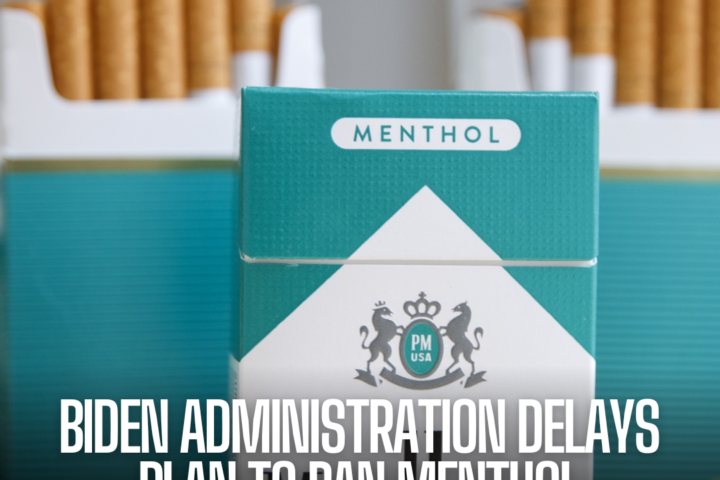The action follows Alabama’s recent killing of death row prisoner Kenneth Smith using previously untested ways.
Introduction
In response to Alabama’s recent execution of death row inmate Kenneth Smith using nitrogen hypoxia, three major manufacturers of medical-grade nitrogen gas in the US have taken proactive measures to prevent their products from being used in executions.
This move reflects growing corporate action against the misuse of nitrogen, designed for preserving life, in carrying out capital punishment.
Boycott of Lethal Injection Drugs
The refusal of medical drug manufacturers to supply lethal injection drugs has made it increasingly challenging for death penalty states to procure these substances, prompting some to explore alternative execution methods such as nitrogen hypoxia.
Airgas Leads Corporate Stand
Airgas, a subsidiary of the French multinational Air Liquide, has been at the forefront of the corporate blockade against the use of nitrogen for executions.
In 2019, the company publicly declared its refusal to supply nitrogen for the purpose of human execution, citing its values and ethical considerations.
Also read: Senate approves spending bills, avoiding partial shutdown
Nitrogen Hypoxia Protocol
Nitrogen hypoxia involves administering nitrogen, and nitrogen alone, to induce oxygen deprivation and subsequently, death.
Despite claims by states such as Alabama, Louisiana, Mississippi, and Oklahoma that it offers a quick and humane method of execution, recent incidents have raised concerns about its effectiveness and humaneness.
Ethical Stance of Manufacturers
Other major nitrogen manufacturers, including Air Products and Matheson Gas, have echoed Airgas’ stance by implementing restrictions on the sale of their gas for execution purposes.
Both companies have affirmed that supplying nitrogen for use in executions contradicts their corporate values and principles.
Witness Accounts and Public Outcry
Witnesses to the execution of Kenneth Smith in Alabama reported distressing scenes of him writhing and convulsing on the gurney, raising questions about the method’s humaneness and efficacy.
Public outcry over such incidents has further fueled the debate surrounding the use of nitrogen for capital punishment.
Conclusion
The actions taken by these nitrogen manufacturers represent a significant step in the ongoing ethical discourse surrounding capital punishment methods.
As corporate entities increasingly refuse to facilitate executions through the supply of essential materials, the debate over humane and ethical execution practices continues to evolve.


























